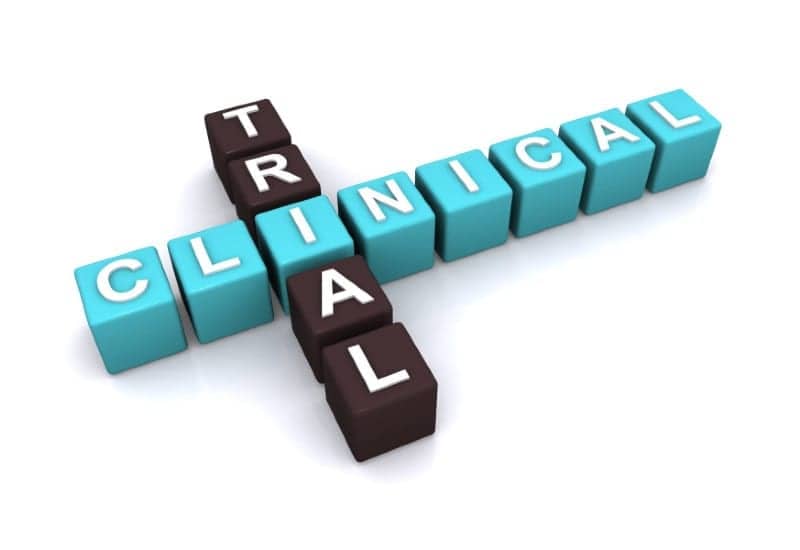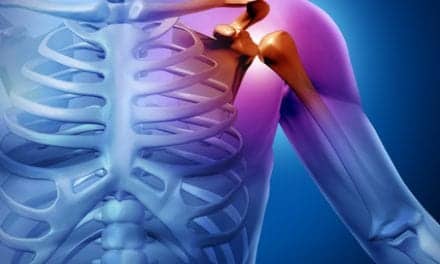NeuroGenesis and Hadassah Medical Center announce positive results from a placebo-controlled Phase 2 clinical trial assessing the impact of NG-01 autologous proprietary subpopulation of mesenchymal stem cells (MSCs) on patients with progressive multiple sclerosis (MS).
Results of the study, headed by Prof. Dimitrios Karussis, together with Dr. Petrou Panayiota and Dr. Ibrahim Kassis from Hadassah Medical Center in Jerusalem, were recently published in Brain, a peer-reviewed journal published by Oxford University.
Suggested Results
Highlighted in the “Editor’s Choice,” the results suggest that:
- No serious, treatment-related safety issues were detected;
- Significantly fewer patients experienced treatment failure (disease progression) in the intrathecal (IT) and intravenous (IV) NG-01 treatment groups compared with those in the placebo group (6.7%, 9.7%, and 41.9%, respectively, P = 0.0003 and P = 0.0008);
- 58% of the patients treated intrathecally with NG-01 did not show Any Evidence of Disease Activity (NEDA) during the entire the treatment period (vs 9.7% in the placebo treated group) (P<0.0001)
- NG-01 treatment groups demonstrated a significant improvement in walking ability as measured by 25-foot walking time (P=0.0017)
- Intrathecal administration of NG-01 was more efficacious than intravenous in several key parameters of the disease: relapse rate (89% decrease in the relapse rate), functional MRI (improvement of motor networks), monthly changes of the MRI T2 lesion load and the 9-hole peg test, as compared to the control (placebo-treated) group.
“The treatment was well tolerated and the trial met all of its primary endpoints. The patients’ improvement was in many cases quite remarkable and included regain of motor function and noticeable effects on their cognitive abilities.
“Although we currently have several good treatment options for relapsing remitting MS, we fall short in providing effective treatment for progressive MS that could substantially suppress the progression of disability. This trial provides encouraging results and suggests a potential for a new approach that may not only slow down the progression of the disease but even induce improvement and promote repair mechanisms in progressive MS.”
— Professor Dimitrios Karussis, lead principal investigator and Director of MS Center at Hadassah Medical Center, Jerusalem
Bone Marrow Cells Used in Treatment
NeuroGenesis’ technology entails collecting bone marrow from the patient. Then by utilizing a proprietary process, a unique subpopulation of bone marrow cells is identified, cultured and enhanced towards remyelinating biofactory cells (NG-01) that also possess neurotrophic immunolatory and neuroprotective properties.
The NG-01 cell population is injected directly into the central nervous system (through the cerebrospinal fluid), where the cells home-in on the damaged area, take up residence and produce significant amounts of neurotrophic factors, a media release from NeuroGenesis explains.
“Progressive MS is a chronic, debilitating disease with no satisfactory treatment to improve or reverse established disability. We are therefore extremely pleased to witness the significant positive effect of our NG-01 cells. Following recent interactions with the FDA, we look forward to confirming and expanding these findings in a large multi-center MS trial, and continuing advanced studies in additional indications such as ALS.”
— Tal Gilat, CEO of NeuroGenesis
About the Phase 2 Trial
The Phase 2, randomized, double-blind, placebo-controlled, clinical trial assessed the safety, tolerability and efficacy of transplantation of NG-01 in people with progressive MS. The study enrolled 48 participants with progressive MS which were randomized into three groups, receiving either an intrathecal or intravenous NG-01 injection, or a placebo injection.
The two predetermined primary endpoints of the trial were: (i) the safety of the intrathecal and intravenous NG-01 treatments assessed by incidence of adverse events versus those in the placebo-treated group; and (ii) the differences among the three groups in the Expanded Disability Status Scale (EDSS) score changes and the proportion of patients with treatment failure, as evidenced by an increase in EDSS (disease progression) score, at 6 and 12 months.
Overall, the study duration was 14 months, the release continues.
[Source(s): NeuroGenesis, PR Newswire]
Related Content:
Stem Cells Heal, But Could Also Hurt. Here’s How
Harness Newly Discovered Tendon Stem Cells to Treat Injuries
Neural Stem Cells ID’d as Potential Post-Stroke Motor Recovery Aid





